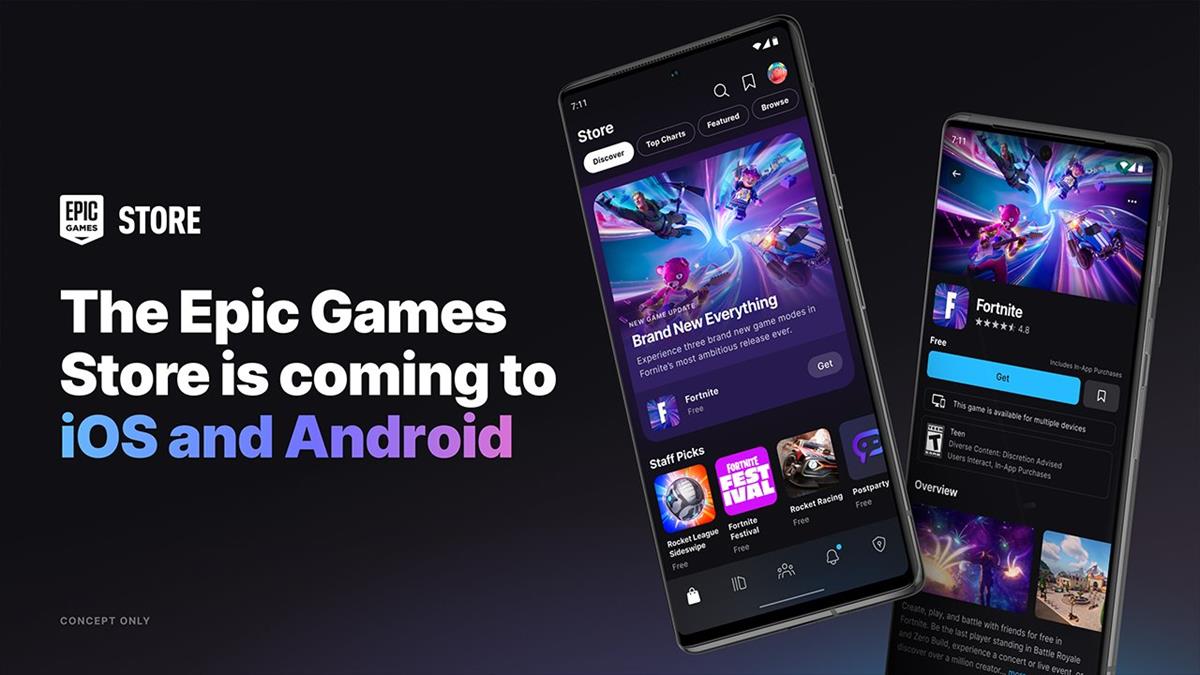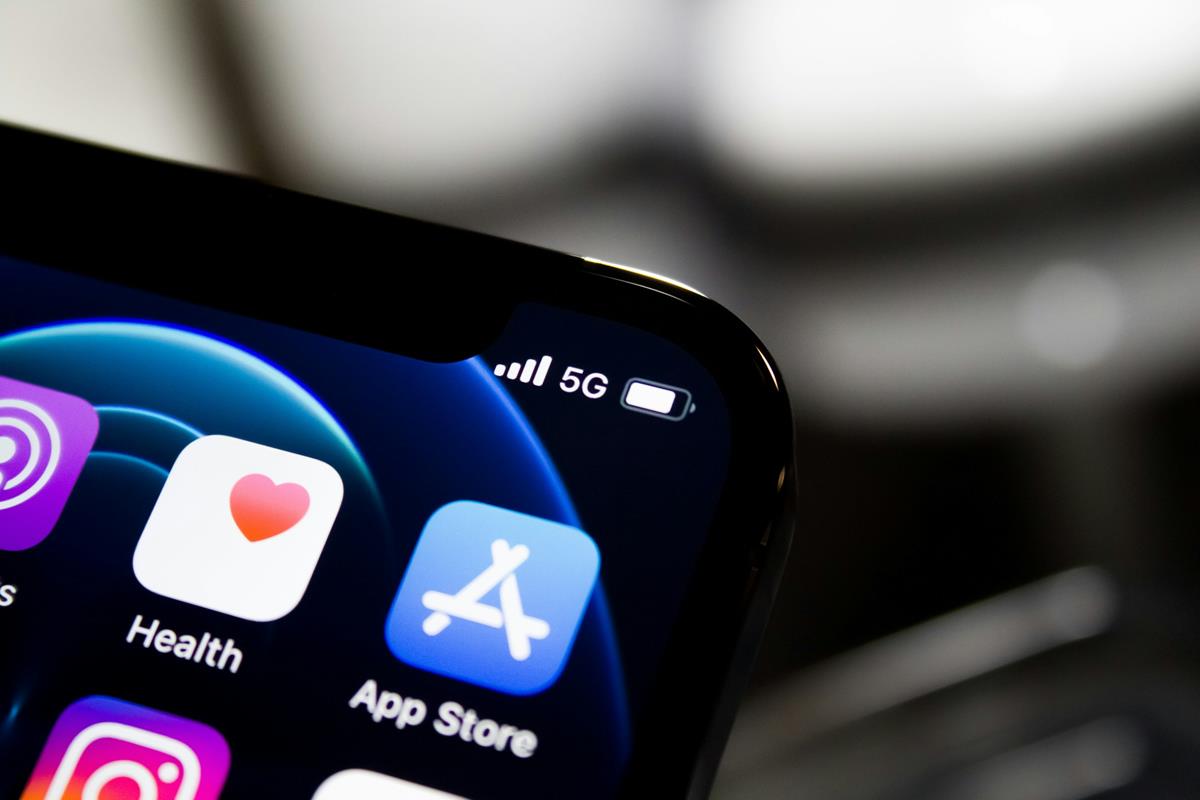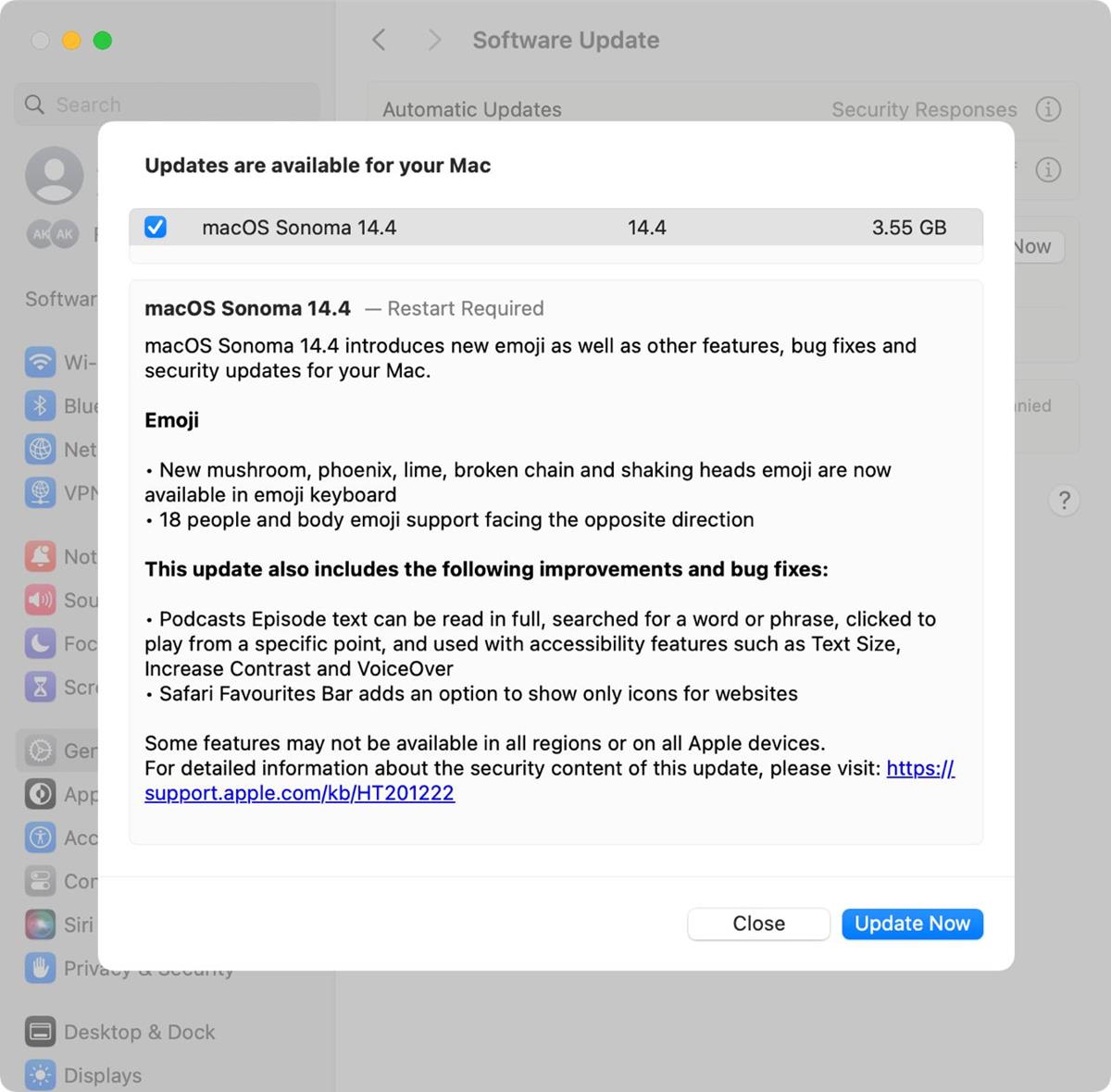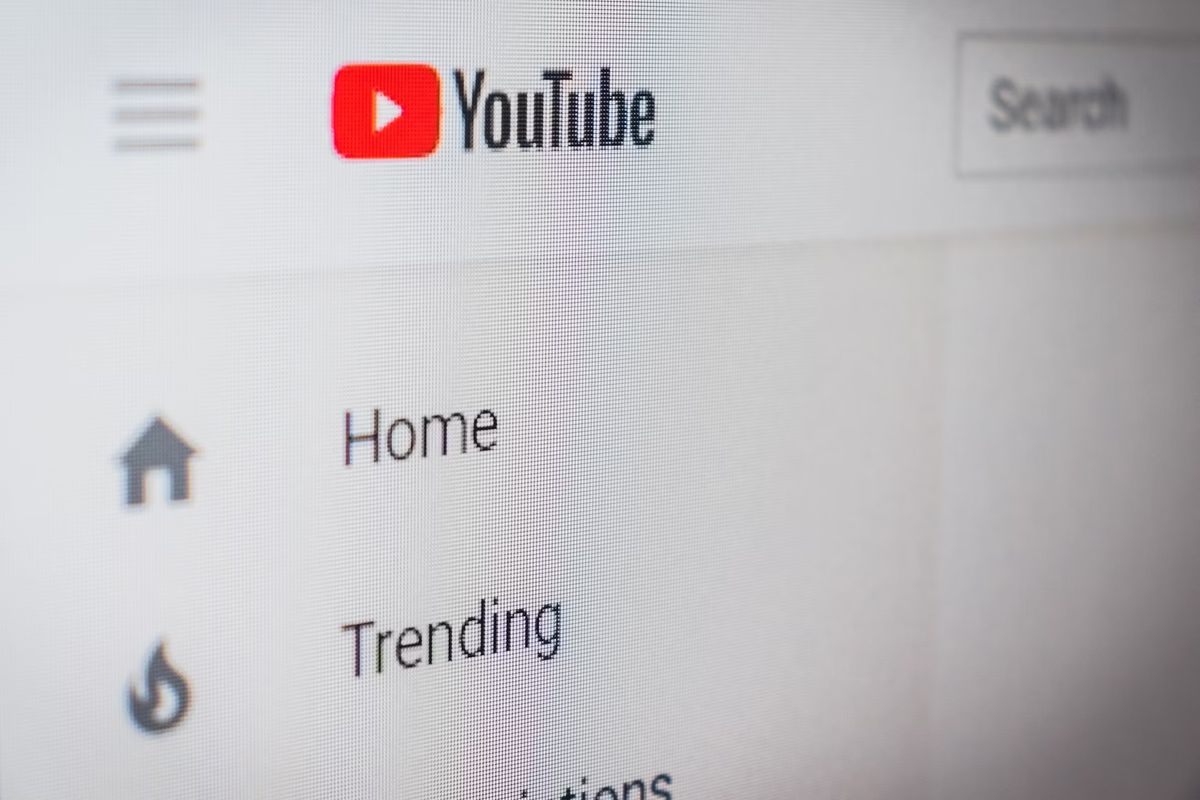Are the Terms of Apple's New iBook Author Program Anti-Competitive?

Apple's terms and conditions for using its new iBooks author program have now been revealed and Dan Wineman of Venemous Porridge has picked it apart to find a few clauses that could give rise to concern for authors. The new programme is intended to do for self-publishing what the iTunes store did for podcasts, and open up new opportunities for everybody.
As an author who self-published my first book through Lulu I find this very interesting as it's fantastic when a new publishing medium comes along to encourage budding authors everywhere.
However Wineman's close inspection of the terms shows that Apple might have their own ideas on what is considered literary genius and how you might want to use their service. Of particular interest is this paragraph...
Apple will not be responsible for any costs, expenses, damages, losses (including without limitation lost business opportunities or lost profits) or other liabilities you may incur as a result of your use of this Apple Software, including without limitation the fact that your Work may not be selected for distribution by Apple.
It's in the distribution section though that my friend and colleague Ed Bott, a veteran author, has taken special note of one particular clause.
B. Distribution of your Work. As a condition of this License and provided you are in compliance with its terms, your Work may be distributed as follows:
- (i) if your Work is provided for free (at no charge), you may distribute the Work by any available means;
- (ii) if your Work is provided for a fee (including as part of any subscription-based product or service), you may only distribute the Work through Apple and such distribution is subject to the following limitations and conditions: (a) you will be required to enter into a separate written agreement with Apple (or an Apple affiliate or subsidiary) before any commercial distribution of your Work may take place; and (b) Apple may determine for any reason and in its sole discretion not to select your Work for distribution.
This is the lock-in, the clause that states if you choose to use the iBook store to distribute your work you cannot sell it anywhere else. Personally, as an author, I wouldn't want to sign a lock in with any one provider, especially an untested one no matter how successful the Apple stores are at the moment. When people want to buy books I'd want to be on Amazon and this is clearly where Apple are aiming their guns.
Now if you're about to submit an angry comment about how anti-Apple I am, hold fire! I think that Apple's decision to help and encourage authors is a very welcome one. Don't forget I'm an author myself and have self-published a book. This isn't an easy process and anything that Apple can do to make the process easier will be very welcome.
Nobody ever reads terms and conditions though and these clauses could be considered both unfair and anti-competitive. I would imagine that Apple will probably have to back down and it won't be the first time that a company's legal department got over-enthusiastic and misunderstood the market a product was aimed at. I'm not going to say this was deliberate because any executive with a modicum of common sense would know it would never be allowed.
The fact remains that it is currently there and it's not gone yet. We will have to wait and see what, if anything, Apple say about this. But if you want to also sell your works on Amazon, and don't want to seek Apple's "separate written agreement", then you might want to steer clear for now.
Advertisement



















ebook, epub, ibook, pdf, text, apps, websites !
What is needed in this “affair” is a new role more than anything else.
This new role could be described as “personal contracts/licences holder” “account managers for personal contract/licences and login/passwds or certificates”(no contents or copies in there, just references), something like that, several of them of course, and ability to move all your “assets” or “belongings” from one to the other, so that a trust relationship can exist regarding the privacy of these data (and privacy of these data also under strong legal constraints for these organisations).
Then you can have an environment with a clear role separation between these organisations on one side, and editors, on line shops, on line content holders and difusers on the other.
Which then could allow a user to buy an ebook, apps, websites (access to) “for life”(or with some timing guarenteed in a strict legal point of view, but “for life” in spirit), possibility of upgrade if new edition and you feel like it, and that’s it.
Enough with these “private bookshelves”(music, video, sito shelves) linked to some device maker, on line shops, “social network”, or some other giant !
A bit more developed below :
http://iiscn.wordpress.com/2011/05/15/concepts-economie-numerique-draft/
(and in the “copies_licences” text (2007) linked in the post)
And almost EVERYTHING already there really
Mr. Halsey claims a work distributed by the iBooks store is locked in to that store, and if you also want to sell your book to Amazon, stay clear of iBooks. That’s not only untrue, it’s even a little silly. That EULA doesn’t cover the bookstore at all, only the new authoring tool (a design, composition, formatting, if you will, application).
Furthermore, let’s not confuse what that EULA calls Works, which are defined in the same agreement as being merely the output of the iBooks Author app, with the creative works (Books, Mags, Articles, etc.) being authored using the tool.
You (or your graphic designer) can author your creative work in any book authoring tool you want, and export it to, say, a .azn/mobi file and you can sell that via the Amazon Kindle store. Also you might choose to author your book using Apple’s free iBooks Author tool, in which case that version of your book can only be sold through Apple. But here’s the catch… You can do both.
What’s being ruled over here is the output of iBooks Author, the .ibooks formatted file, not its contents. Your creative work is your own, Apple claims no ownership of it nor does it lock your intellectual property to its platform or store. Go sell your book wherever you like. Just remember, if you created a version of it using their free tool, that one file you can only either give it for free or sell it in the iBooks bookstore.
Anyone finding that too restrictive or cumbersome to their workflow can use a cross-plaftform tool to only author once and export versions in proprietary .azn files for Amazon and standard .epub for Apple. There are plenty such tools to choose from, Adobe InDesign, QuarkXpress, so on. The problems with them are: they have enormous learning curves; and they’re designed for print so their ebook output will always look and feel a bit stale.
Still you can use any of these to author ebook versions of your book for many stores, including Apple’s. But the new easy-to-use, multimedia, interactive, paradigm-shifting features of ebooks authored using iBooks Author are limited for the Apple store or for free distribution. So, what that EULA really states is… we’ve just gave you a very cool ebook authoring tool for free, but you’re not supposed to use its features to promote other ebook stores.
So I have no idea why this post got it so wrong. Might Mr. Halsey MVP be faulted here by a severe lack of understanding of what he was reporting, or just plain intentional misinformation for the sake of usual Apple bashing?
Cheers, SP.
“This is the lock-in, the clause that states if you choose to use the iBook store to distribute your work you cannot sell it anywhere else.”
NO!
What it actually says is that you can give your work away for nothing however you like.
However, if you want to sell it you MUST sell it via Apple. You MAY NOT sell it, for example, from your website, or via amazon – ONLY via apple.
So, if you agree to Apple’s terms, they would own your work – forever – AND they could decide not to distribute it. What a deal! What a deal! I can’t wait to sign!!!
How many of these apple apologists would be defending Microsoft if they tried this same lockin BS?
30% goes to MS for everything you create on Windows?!?!?!? Would they all be saying it’s OK then?
Who’s apologising for them?
It’s a simple fact that companies will and do what they can to make sure they make the maximum amount of money out of you.
http://en.wikipedia.org/wiki/Vendor_lock-in
Apple are far from the first and will not be the last to do this same kind of thing.
There is a choice – they are not forcing anyone to publish with them, and they do show the T&Cs; they’re not hidden. They’re not in small print. If someone decides to not read them, more fool them.
If you’re going into a big deal (Mortgage, buying a car etc) you would read the fine print. If you don’t, you’re an idiot.
Why is there never any backlash against Google? Because they say they don’t do evil stuff? Oh, that’s okay then…. carry on.
Has my last comment ended up in spam again or didn’t it post?
Yes it was in the spam, have revived it,
My comment was blocked yesterday as well.
I tried reloading it but got a duplicate warning.
No posting but it claimed I already posted it.
I removed two sentences and it posted.
If this was caused Akismet then they
are too sensitive and making errors.
No idea what I’m doing wrong but it looks like another of mine has been trapped! lol
Your IP probably has been flagged for spam in Akismet.
Thanks, saved me from typing it all up again!
How does this differ from a bricks-and-mortar publishing house deal?
If I write a book and tout it around the publishers I’m assuming I could only sell the rights to publish it to one of them.
Or am I looking at it a little too simply?
“Keeping the lemmings on a short leash is how they survive.” – And what’s wrong with a company doing everything it can to ensure it makes as much money as possible? That’s what they’re there for.
And please; just because someone buys Apple instead of burning their own circuit boards, building their own phone and coding it in assembly, doesn’t make them a lemming.
There is a big difference between what apple is doing and what a writer agrees to when signing with a publisher.
A publisher has a great amount of risk. apple has NONE.
A publisher often gives an advancement to have exclusive publishing right–that’s not exclusive publishing, distribution, and selling rights like what apple is trying to do here.
A publisher usually covers the costs involved = more risk. Again, apple has no risk. Also, a writer negotiates a contract with a publisher.
Finally, a publisher does not lock the end product into an ecosystem that requires a $500+ entry fee (the ipad which can have an update that breaks comparability at any time and requires a new ipad to get the os features).
The day humanity allows these types of agreements to be accepted from software/hardware vendors is the day we give up all freedom and become serfs for these companies.
Oh, I think I wouldn’t be the first who says that any lock-ins sucks.
It’s Apple. Of course they’re anti-competitive. Keeping the lemmings on a short leash is how they survive.
The terms and conditions for the iBooks author
program is a Magna Carta for Apple greed.
The NY Times is running an interesting detailed article on Apple and its overseas manufacturing Saturday:
———–
The New York Times
January 21, 2012
How U.S. Lost Out on iPhone Work
http://www.nytimes.com/2012/01/22/business/apple-america-and-a-squeezed-middle-class.html
Interesting read, thanks for posting that Jojo
“Which means that despite how great people might think your works are, they could be simply rejected by Apple for their own commercial reasons. Now obviously this clause is intended to weed out offensive or illegal material, however it doesn’t say that. ”
This no doubt because things like “offensive” have no real defintion …. much like pornography. Using such subjective terms could open Apple to suits for people who wish to challenge their view of “offensive” for turning down material.